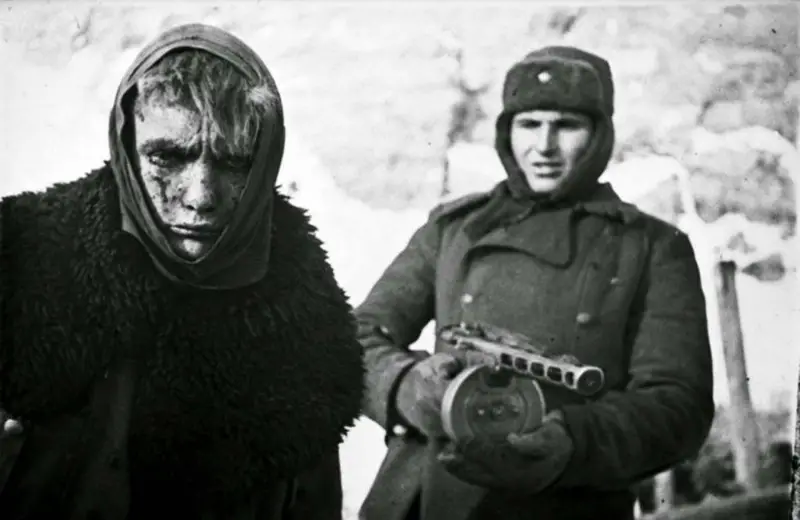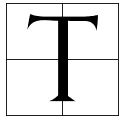 he Battle of Stalingrad (1942–1943), between Nazi Germany and the Soviet Union, is not only the most important battle of World War II, but also one of the most important in the entire military history. It ended with the victory of the Soviets which was a turning point for the Eastern Front. It was also the first instance in which the German war machine was stopped. But what led to this stinging failure?
he Battle of Stalingrad (1942–1943), between Nazi Germany and the Soviet Union, is not only the most important battle of World War II, but also one of the most important in the entire military history. It ended with the victory of the Soviets which was a turning point for the Eastern Front. It was also the first instance in which the German war machine was stopped. But what led to this stinging failure?
The essential element consists of the faulty leadership of the German army and, of course, in the desire of the Russians not to give up the city that bears the name of the leader. However, it is not so simple, as it is a combination of factors that led to the German disaster in Stalingrad. Both sides have made their mistakes, as well as both sides, being very good at certain warfare characteristics, but there are some certain factors that concluded to a bad combination.
Hitler took the war personal
Because Hitler saw the war in personal terms, in the sense of rivalry with Stalin, he decided to attack the city, although the main purpose of the Sixth Army was to occupy oil reserves in the Caucasus. The resource was essential for the German war machine, always running out of fuel. Although he knew this, he chose to attack the city north of the oil field, dividing his forces; which resulted in a massive error. He sent some troops south to conquer the region with oil. The rest of the troops were destined to conquer a city of no strategic importance.
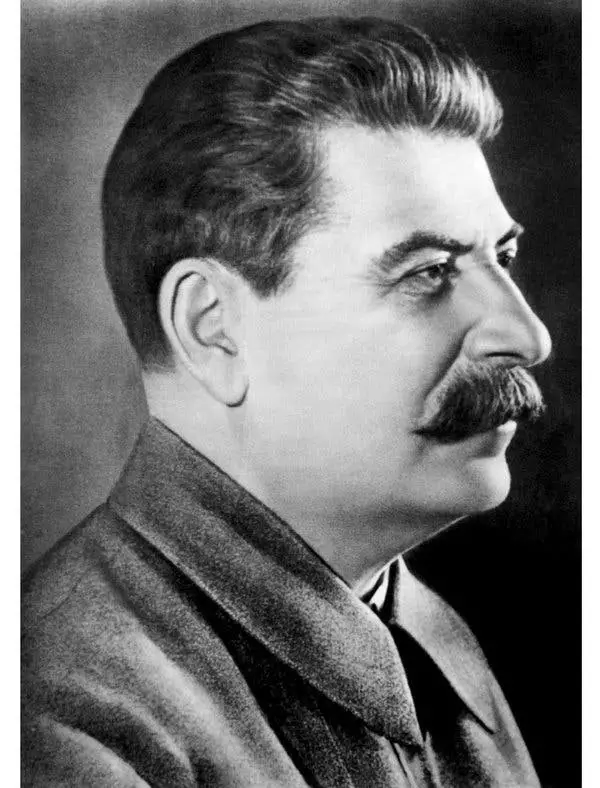
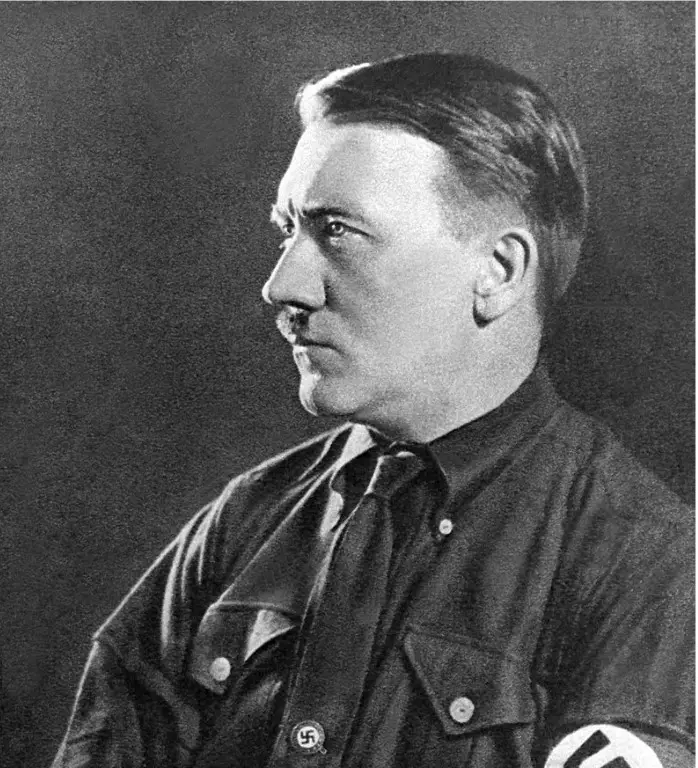
Therefore, he allocated too few resources and people for his great purpose, which made the chances of conquest very small. It had been known since then, in military technology (as it is known today), that attackers must have a numerical advantage of at least 3 to 1 to be successful in front of the defenders. This was not the case at all, the Germans being in fact outnumber; which happened anyway in all the major battles on the Eastern Front.
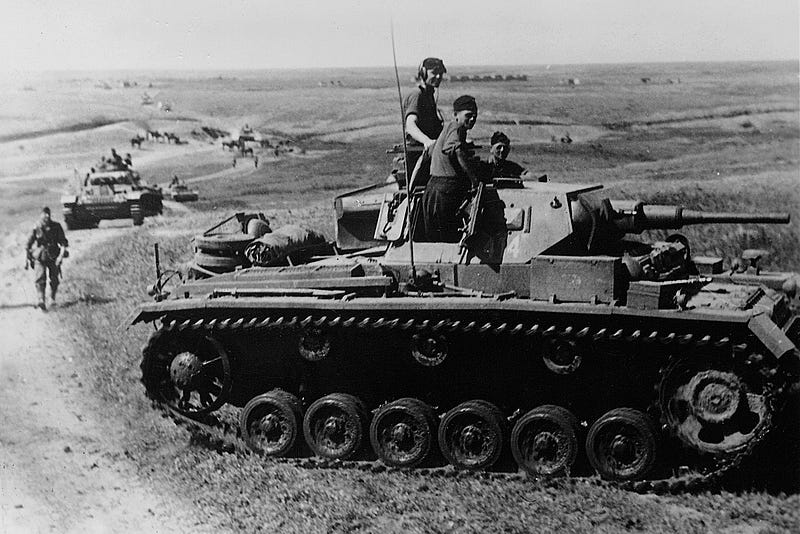
Moreover, during the attack, the Germans failed to push Soviet forces to the flanks, causing the Sixth Army to be caught in a pincer. Hitler’s determination/obsession made him frequently intervene in establishing the strategy, which aggravated the situation of his soldiers. But Stalin learned from his mistakes and gave more freedom to his commanders, leaving the real military experts to do their job which proved to be a very inspired move.
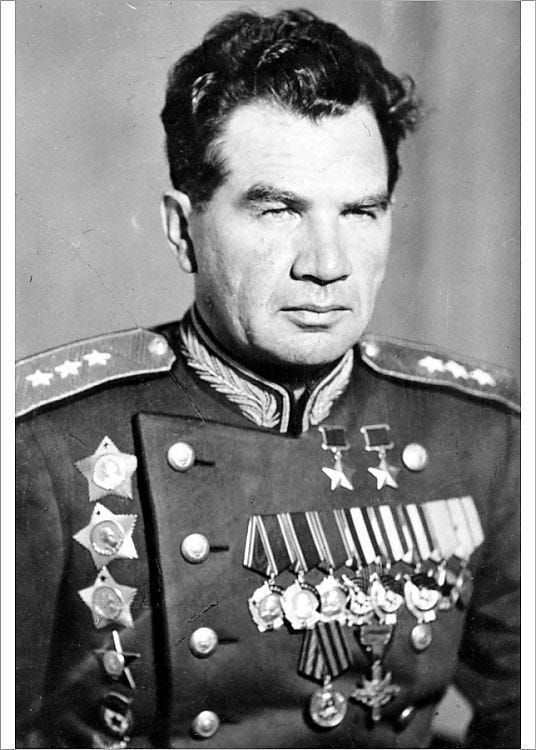
The commander of the 62nd Soviet Army that defended the city was Vasily Chuikov, who at just 42 years old proved to be an excellent strategist and a leader who inspired his subordinates, establishing a formidable defense. He knew how to use the ruins of the locality to his advantage, putting up a strong resistance against the attackers. The power of the German air force, the Luftwaffe, was famous and played an important role in the almost total destruction of Stalingrad, but this apparent advantage of the Axis caused the German infantry to be exposed to the fire of Soviet snipers with free horizons.
The Soviets were very close to losing
Even in these unfavorable conditions, the training and discipline of the Germans caused 90% of Stalingrad’s territory to fall into their hands, reaching the Volga. Here, however, the tactical superiority of the Soviets intervened. In the north and south of the city, the Russians secretly rebuilt their forces, a secret that, surprisingly, the German intelligence service did not detect. Soviet troops under General Zhukov attacked the flank of the Sixth Army as it continued to destroy the last regions of Soviet resistance.
The Russians deliberately attacked Germany’s allies, namely Romanians, Hungarians, and Italians, because they predicted that they would not have the strength of the Germans. The attack took place on November 23, 1942, encircling the Sixth Army. About 250,000 Romanian soldiers, poorly equipped and fed, grouped in two armies (3rd and 4th), flanked the German 6th Army to the north and south.
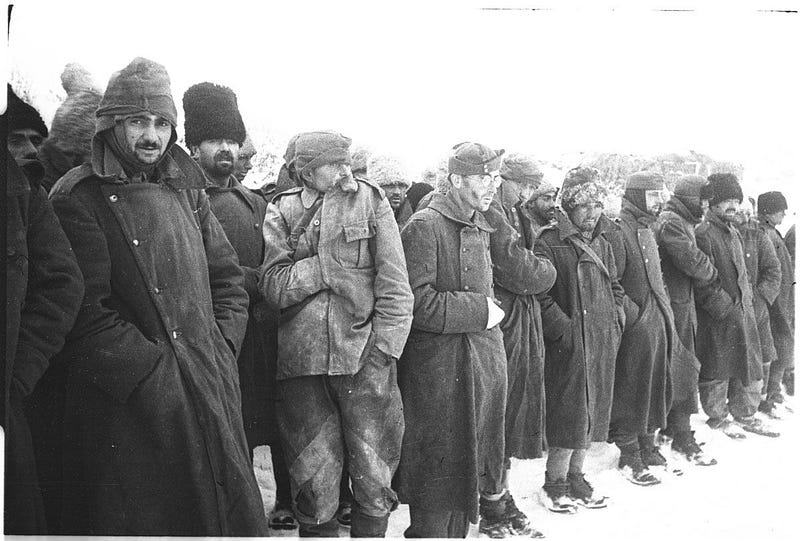
At the end of the battle that turned the tide of the war, 158,854 casualties were recorded by Romania (dead, wounded, missing), representing two-thirds of the troops. It was the greatest disaster in the history of the Romanians, and the Germans blamed the Romanian Army for the failure at Stalingrad.
Hitler, who believed himself to be a military genius and trusted the motivation of German troops, ordered the Sixth Army not to withdraw, even if it was to be completely surrounded. This boldness of Hitler (from the comfort of his own office, far from the front and his reality) made the generals unable to take action depending on the context on the front.
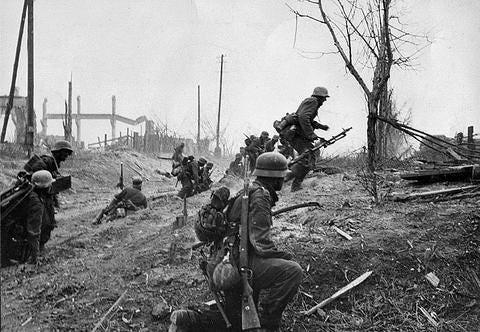
A context that was increasingly gloomy for the Axis’s ordinary soldier who found himself without supplies, without winter equipment (the end of November already meant winter), surrounded and harassed by the Russians. General Paulus, who commanded the Sixth Army, could withdraw in the weeks of the Soviet counteroffensive in November.
Moreover, the Luftwaffe was unable to supply the besieged army, which meant another blow to the morale of the soldiers.
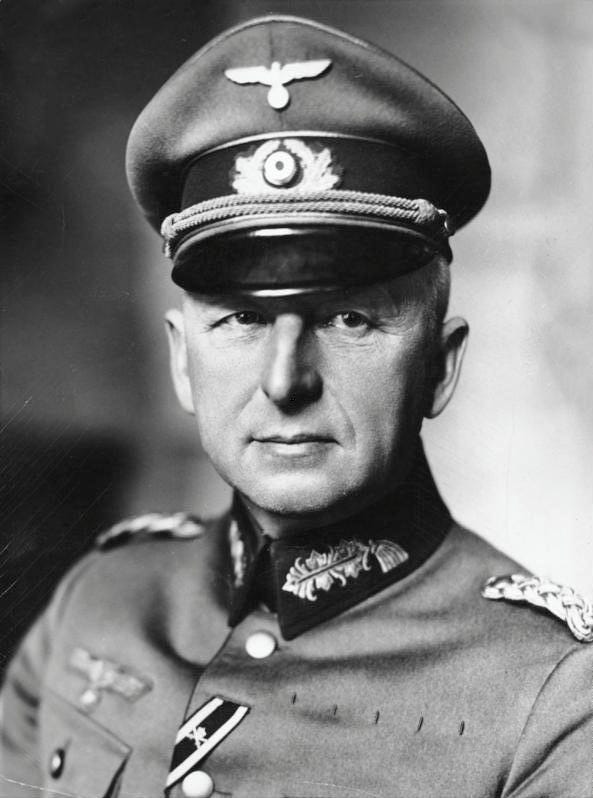
A small victory for the Germans was on December 19, despite the fact that it was mid-winter, German General Eric von Manstein managed to reach Stalingrad. His forces approached 30 kilometers from the besieged 6th Army, but Paul refused to attack to make the junction because of Hitler’s orders. If the latter offered more flexibility to the generals, Paul could have saved the soldiers’ lives.
Eventually, Von Paulus (promoted to the rank of field marshal the day before he surrendered) violated Hitler’s orders to fight to the last man, and on February 2, 1943, he surrendered with the rest of the Axis soldiers. Half a million German, Romanian, Hungarian, Italian soldiers, etc. died, either because of the Russians or because of the cold.
Germany lost not only an entire army, which was devastating in itself but also its aura of invincibility. The Germans became more critical of Hitler’s policies, even leading to assassination attempts.
There are many reasons for Germany’s defeat at Stalingrad, such as the climate, the numerical superiority of the Soviets, the partisans who sabotaged the supply routes, etc., but the main reason is the intervention of Hitler who was unable to understand the reality on the ground.
In fact, without Hitler’s intervention, there was no Battle of Stalingrad. It is true that the city was industrialized and could produce military equipment, but this potential could be reduced or even neutralized by the Luftwaffe, as has happened in other situations when Germany took advantage of air superiority on the Eastern Front.
Avid Writer with invaluable knowledge of Humanity!
Upcoming historian with over 30 million views online.
“You make your own life.”

